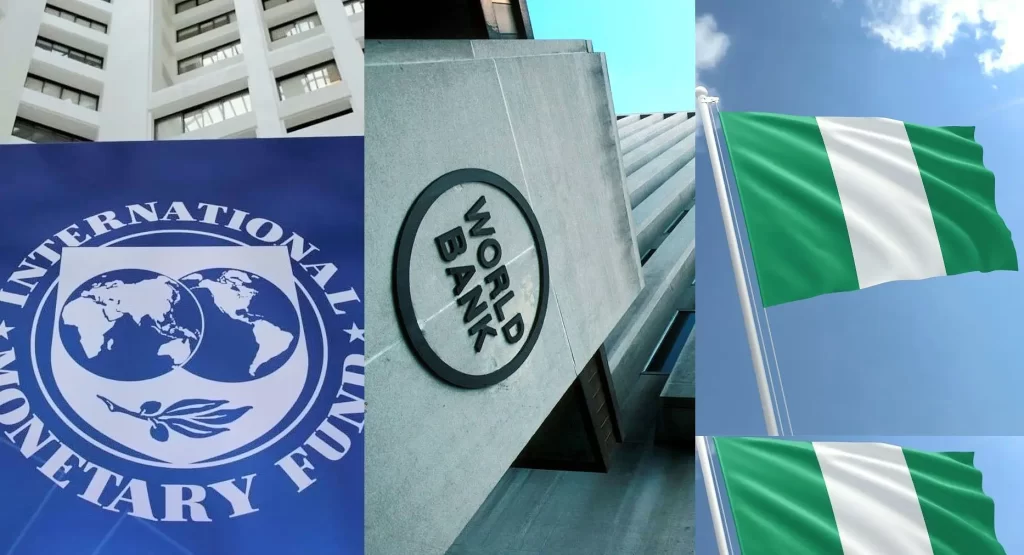The International Monetary Fund (IMF) has projected that Nigeria’s debt-to-gross domestic product (GDP) ratio will decline steadily over the next two years — from 36.4 percent in 2025 to 35 percent in 2026 — following recent economic adjustments and policy reforms.
The projection is contained in the IMF’s Fiscal Monitor Report released during the ongoing 2025 IMF/World Bank Annual Meetings in Washington, D.C.
According to the Fund, Nigeria’s debt ratio, which stood at 39.4 percent in the first quarter of 2025 after the rebasing of its GDP by the National Bureau of Statistics (NBS), is expected to drop further to 35.3 percent in 2027.
Speaking at the launch of the report, David Furceri, Division Chief, Fiscal Affairs Department at the IMF, said Nigeria must intensify efforts to expand its revenue base and reform its tax administration if it is to sustain debt reduction and improve fiscal stability.
“Our policy advice has focused both on the revenue and spending sides,” Furceri said. “On the revenue side, Nigeria needs to improve tax administration, broaden its tax base, and enhance compliance. The reforms so far are commendable, but more progress is needed.”
He added that the IMF projects a neutral fiscal stance for Nigeria, explaining that such a policy aims to avoid distorting key economic decisions by businesses, workers, and consumers.
“A neutral fiscal stance is consistent with economic policies aimed at reducing inflation,” he explained. “The important thing is to ensure structural reforms continue to drive inclusive growth.”
The IMF official acknowledged Nigeria’s progress in streamlining its tax laws and reducing tax burdens on low-income earners and businesses, noting that these are positive steps toward a sustainable fiscal path.
“Many of the laws passed in recent years have reduced tax expenditures and simplified the code,” he noted. “The burden on businesses and low-income groups has also declined — policies that clearly go in the right direction.”
Furceri, however, urged the Nigerian government to enhance the efficiency of its spending, channel more resources toward social welfare, and prioritize vulnerable households to cushion the effects of inflation and improve inclusive growth.
“There’s scope to improve spending efficiency and increase social spending to support vulnerable households,” he said. “This is critical for achieving sustainable and equitable growth.”
The IMF’s latest projection comes amid concerns about Nigeria’s rising debt service costs, revenue leakages, and slow non-oil revenue growth — challenges economists say could undermine the country’s long-term fiscal health if not urgently addressed.
Analysts believe that achieving a 35 percent debt-to-GDP ratio would signal stronger fiscal management and a more resilient economy if the government sustains reforms in tax policy, public finance, and debt management.
Do you want to share a story with us? Do you want to advertise with us? Do you need publicity for a product, service, or event? Contact us on WhatsApp +2348183319097 Email: platformtimes@gmail.com
We are committed to impactful investigative journalism for human interest and social justice. Your donation will help us tell more stories. Kindly donate any amount HERE




